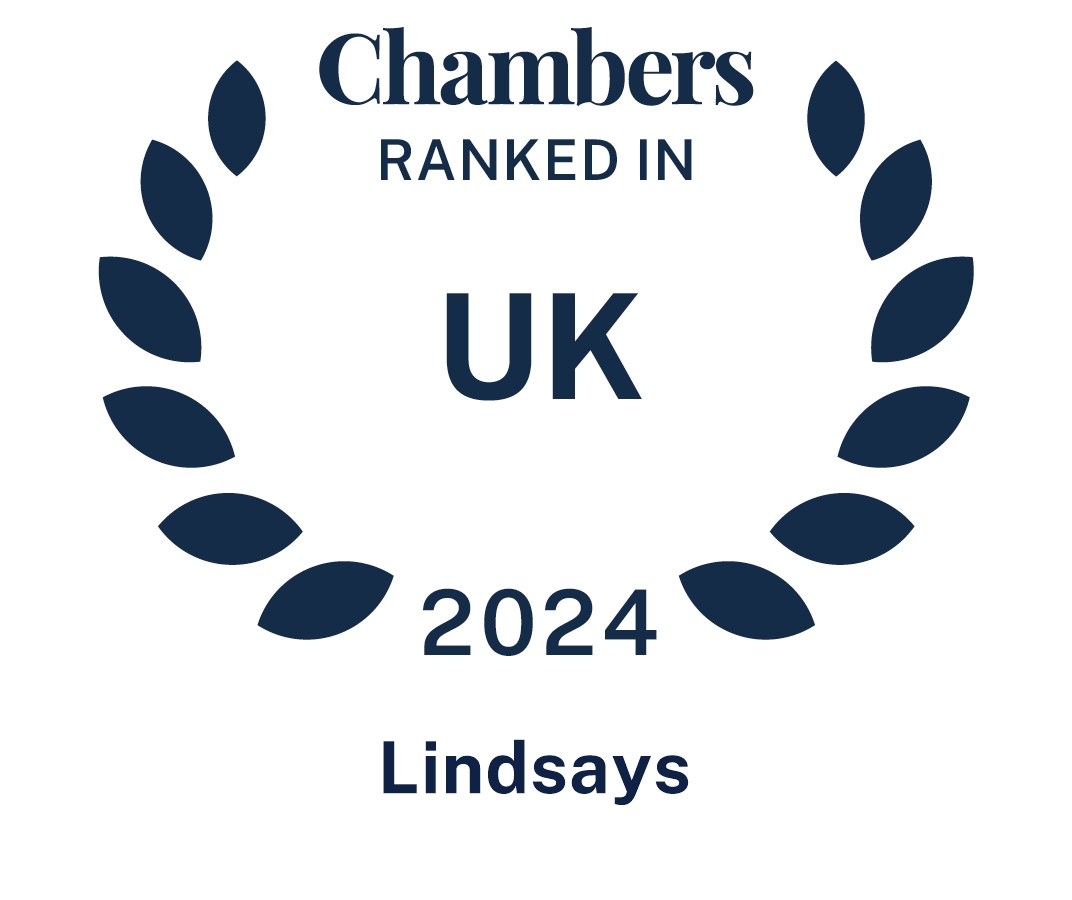No Fault Compensation Scheme for Babies born with Neurological injury – what is it?
Many babies are born with neurological injury. Sometimes this happens because of medical negligence. On other occasions it happens accidentally with no fault. Such children are often severely handicapped.
Medical negligence claims for babies with serious neurological injury are:
- Complicated and expensive to pursue.
- You have to prove fault to get compensation.
- The claims end up going to Court and the Claims can take several years to resolve.
How would a No-Fault Compensation Scheme help?
There are a number of possible benefits:
- Without the need to prove fault, more neurologically injured children would be compensated.
- Compensation could be awarded more quickly because there is no need to prove fault.
- Such children usually need a high degree of ongoing medical and personal care.
- The cost of ongoing personal care for such children can be expensive.
- Under the present system of litigating such claims, unless fault is admitted, (which it rarely ever is) the children cannot get quick access to funding for their care needs.
- Without the need to prove fault, the child’s care needs can be assessed, paid for, and provided for more quickly.
- Compensation would be paid either through an administrative system or a tribunal rather than through a Court.
- This would mean awards made more quickly and would not involve the families of the children involved, having to go through the stress of a Court action.
- Money currently leaving the NHS through the Court system would be retained in the Public Sector improving NHS resources overall.
- Under the current Court system, there are time limits for claiming compensation. For a number of reasons, the family of such a child may not be able to make a claim in time and so the right to claim may be lost. While an administrative or tribunal system might also have time limits, they may be more generous.
Disadvantages of No-Fault Compensation Scheme
- As more children are likely to be compensated overall, then the average award for each child will be lower, sometimes significantly lower.
- This means that a number of children may not receive the full amount of compensation they need or deserve.
- If awards are made under an administrative system, there may not be the same scrutiny of the fairness of awards provided for in the Court system. There may be either no, or only a limited, right to appeal an award.
- Depending on circumstances, the parents of such children may suffer psychological or psychiatric injury because of negligent treatment of their children. Under the present Court system, the parents have a right to make their own claims. It is possible under an administrative or tribunal system that the parents might lose their right to make their own claims.
- It is likely that any such scheme would not provide for payment of legal costs. This may deny the parents of such children their right to legal advice to check on the fairness of an award made under the Scheme.
Is the introduction of such a Scheme likely or imminent?
Consultations have taken place in both Scotland and England about the introduction of such a Scheme. In Scotland, the consultation was held in 2012 and a Report was issued suggesting the benefits of such a Scheme. Since then though, there has been no political movement about the introduction of such a Scheme in Scotland.
Similar Schemes overseas
Sweden operates a no-fault compensation scheme for medical negligence. So does New Zealand. Last year in England, the Health & Social Care Committee of the house of Commons, published an NHS Litigation Reform Report recommending a No-fault Compensation Scheme for medical negligence to be introduced in England. It does seem likely that similar Schemes will be introduced in the UK at some point.





